|
It started out as a family blog to be more organized. Over the years, it has turned out to be better therapy than I ever imagined. I vomit out my emotions onto the screen. Now, I write as an outlet, it's fairly selfish; I do it for me.
0 Comments
SproutData is a complete personal real-time seizure tracking, organization and communication tool. Access the SproutData website from your phone, computer and tablet to help you manage seizures, events, medications, conditions, doctors and more. Add family members and caregivers to help you better communicate the health of a person. Your custom dashboard allows a quick view of your data in real time. With a few clicks, a user can log each event or seizure. A time/date will autofill, or you can go back and easily adjust the event at your convenience. Your data is visually represented to help you find possible patterns. Easily view external factors that may or may not contribute to the seizures. SproutData is not just for seizures. Its a powerful tool to store information such as doctors, medications, dates of past surgeries and other health-related information. It's all in one place and easy to access your health notes anytime, anywhere. Medication management is the number one requested tool. With the medication database, users are better organized and have the ability to see active or inactive medications.  If you are tired of a spiral notebook and pen to jot down your important health information then it's time to create your free account here https://sproutdata.org/ I am affiliated with SproutData; my husband is the computer programmer that created the site to organize our medical notes from our daughter's complex medical issues. To read the full story about our family and how SproutData helped us see the Facebook page linked below. Follow SproutData on Facebook 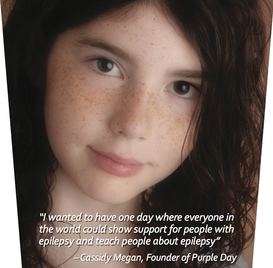 March 26 is Purple Day Purple Day is an international grassroots effort dedicated to increase epilepsy awareness globally. On this day people world wide are invited to wear the color purple and attend events to show support of epilepsy awareness. Who is Cassidy Megan? She is the brave teen living with epilepsy from Nova Scotia, Canada. She is the force behind the popular Purple Day March 26 that brings awareness to epilepsy. Not only in her home country of Canada but globally with the help of New York-based Anita Kaugmann Foundation and Nova Scotia. Cassidy would like purple day every day, for more information about her and this particular day http://www.purpleday.org/ Or any questions feel free to email the organization at partners@purpleday.org A simple wish from Cassidy that wanted to spread epilepsy awareness around the world. She has succeeded and we all benefit. Epilepsy Epilepsy is a chronic disorder, the hallmark of which is recurrent, unprovoked seizures. A person is diagnosed with epilepsy if they have two unprovoked seizures (or one unprovoked seizure with the likelihood of more) that were not caused by some known and reversible medical condition like alcohol withdrawal or extremely low blood sugar. Learn more about the basics of epilepsy. 7 Quick Facts About Seizures and Epilepsy:
My daughter Allie. Happy to be in her favorite purple pajamas. About the writer Joni Brown is a mother of a teenage daughter living with PCDH-19 epilepsy. It is a rare form of epilepsy that causes her to have hundreds of seizures every year without a known cure. Despite all of her medical issues, her daughter lives a full and happy life. 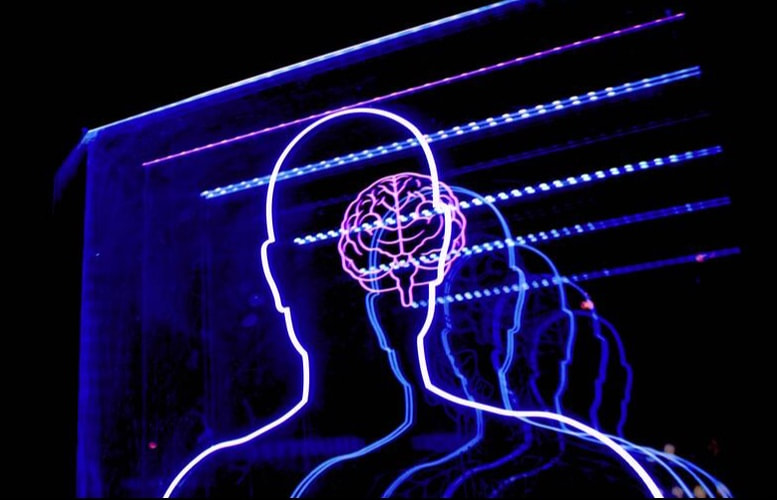 Have you witnessed someone having a seizure? If yes, then I assume it has been in-person. You see signs such as they have fallen or are unresponsive. During such an incident you're there to help guide them through the seizure, or yell out to someone, "call 911." Times have changed due to the virus. Today, we are doing more on-line meetings and screen apps on phones and computers. Here is the new scenario. You are on the phone or in ZOOM meeting and notice something is not right with the person on the other end. The person may have dropped their device or gone off the screen. Did you notice something wrong with that person prior? ⚡️Did the person not respond to a prompt? ⚡️Did the person quietly drift off-screen slowly? ⚡️Did the person start to jerk around? These sometimes-subtle behaviors could be signs of a seizure.  Be prepared to help any way you can. But, you cannot yell at that person. They won't respond. And if they are wearing headphones, those around them won't hear your calls for help. What you do next could save their life. Your quick actions can be just as essential as if you were right there in the room. What to do:
If a person is with you, have them contact help by calling someone that may be in the room or building with the seizure victim. "I was just on screen with Sam, and something is not right, please check right away." Then stay on the line with the seizure victim until help arrives. What if you do not have anyone's contact information to alert their caregiver or co-worker? ⏰ Start timing the seizure. Note how many minutes have passed since they were not responsive. 📞📱Stay on the phone. Generally speaking, most people with seizure disorders do come out of them on their own. However, if it's lasting, more than three minutes, no one is in the victim’s vicinity and you do not see the person recover call 911 and give them all the information you know about the person that is having the seizure. They have technology that can pinpoint the location from a phone number. A few tips like these are critical for someone who suffers from seizures, diabetic shock, strokes or any neurological episodes. You taking the extra precautions like these above could mean life or death. Thank you for reading. #seizureawarness A dear friend of mine and I have a lot in common in regards to raising our children with special needs. Recently we had a discussion. We get similar comments from friends and family that say, “I don’t know how you do it.” Followed by an intense stare. How does one respond to this? First of all, I don’t have a choice. I love my child, Allie now 15. She lives with PCDH19 epilepsy and autism. Challenging at times but I strive to support her the best way I know how. Secondly, I don’t do this alone. I have support. I take extra time when choosing special people in her life that truly care for her. Also, various professional therapies are crucial. They are an important element to help her live the best life she can live. Massage Therapy is one kind of therapy that is essential for a teens growing body. Allie has aches and pains just like anyone else. A professional Massage Therapist named Julie from The Child and Family Therapy Center of Denver arrives at our home and provides Allie with massage to relieve muscle tension and help with her tactile sensory issues. Session with Julie, Massage Therapist From The Child and Family Therapy Center of Denver's website. For children with Autism, research has been published indicating that massage may provide relaxation, stress reduction and calm muscle spasms. Research has also demonstrated that this type of intervention may promote more on-task and social relatedness behavior during play, children with ASD show less erratic behavior, and are more attentive after receiving massage therapy. Allie enjoys her time with Julie. It relaxes her mind, body, and spirit while providing benefits that I could not give her. Music Therapy is another treatment that Allie benefits from. She had a strong aversion to songs on the radio, musical instruments, and other people singing. Her avoidance to any form of music was disruptive as anxiety grew whenever she was exposed. For a decade, the Happy Birthday song has been a struggle and creates internal anxiety for Allie. Once at a friends birthday party she ran out of a room while her peers were singing it. Other times she would cover her ears during the tune. Music Therapy was the answer. A board-certified Music Therapist comes into our home weekly and provides hands-on musical experiences. Fun instruments are woven into lessons such as egg shakers, jingle bells, tambourines, the guitar and our own piano. The interventions are designed to promote wellness, manage stress, enhance memory and improve communication. Ms. Shelby, Allie's talented Music Therapist, teaches her how to be in control of the music by creating and writing the craft. After three years of sessions, Allie's musical idiosyncrasies are manageable. She now enjoys listening to music in the car and even has her own playlists stored on an iPod which calms her during noisy or chaotic times. The Happy Birthday song issue is a work in progress and making great strides. I don’t expect a quick fix after so many years of avoiding the tune. With an understanding therapist like Shelby, I am confident Allie will be successful. Ms. Shelby is Allie's weekly Music Therapist. These are just two therapies I highlighted, however, Allie is in more and over her lifetime she will continue various therapies. I am grateful that I have help! I can't do it all alone and I'm not ashamed of this fact. It's a big job. If I'm going to give my daughter the best life she can live, I will ask for all the help I can get. With special people in our lives like these talented therapists, I can achieve that goal for her and for us. Thanks for reading! 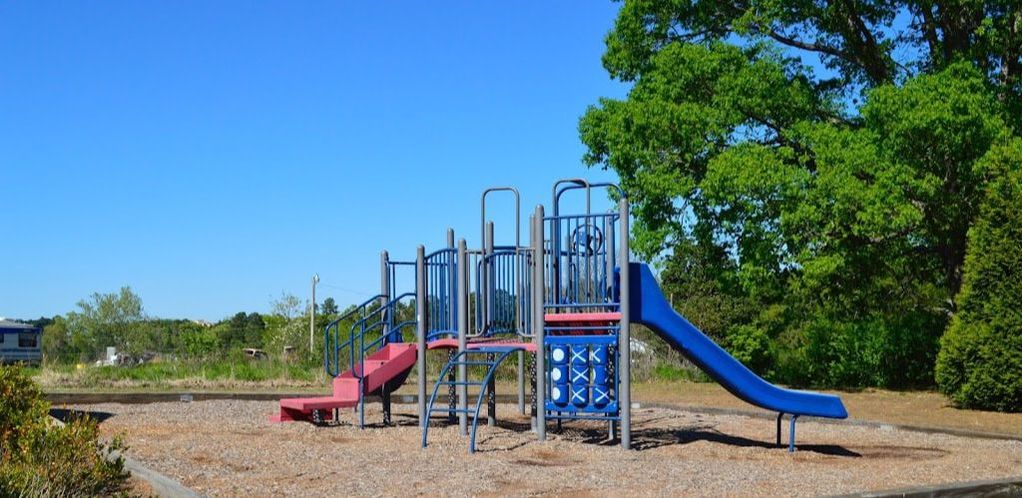 This story was over a decade ago, but it still resonates with me today. My daughter was four years old undiagnosed with Autism at the time, but we saw the signs earlier on as most parents do. I did my best as a new mom to be active outdoors in our neighborhood and walked to nearby parks with my daughter. We always seemed to run into our neighbors, a mother and daughter, at the park and I felt comfortable to extend an invite for a playdate at our home one afternoon. The mother and I had a few commonalities as we were both first-time mothers with girls of similar ages. The playdate started in our living room with some toys for the girls, and us moms sitting at the kitchen table watching and chatting. After about 20 minutes the little girl came up to me and said, “she (pointing at my daughter) told me I had an ugly dress on.” The dress was brown, and my daughter only wore pink at the time, so I believe she was expressing her dislike to a color in a direct comment. I was thinking to myself, clearly, these two girls needed to figure this small spat out. However, their team was not as flexible that day. The mom was so angry she demanded an apology from my four year old. My daughter did not respond as she was off in her own world playing with toys and carrying on not caring where her friend went. I will never forget the angry face the mother had when she looked at me and said, “My daughter will never play with yours again, I do not want her around her.” I was devastated at that moment. The playdate went to hell, and I assume my neighbor won’t talk to us again. Today, and a decade of what I know about special needs and other parents, I would not feel as bad as I felt that day. That mom was protective as a good mom should (maybe a little too protective.) I should have known better to screen personalities before jumping in an intimate playdate situation. The point is, sometimes you will have people that just don’t get it. Even today, I have learned not to set ourselves up to get burned by others. Our neighbors that accept us will come around and others I don’t get my hopes up. People have insecurities or own personal issues, but it's not worth my energy because the next family will be an amazing fit for us. Peace out to all those perfect families as I am sure you have other issues that I won't ever understand. My daughter is the strongest human I know. She lives with PCDH19 epilepsy. After her first seizure in 2004, we were living each day to stop seizures. During those dark days, so much energy was focused on the bad and the "what if's." She has come along way overcoming side effects of this disease. After 15 years, I know the meaning of gratitude. I am grateful each day she is seizure-free. She is vertical and ready to go. If she is happy, that is just enough for today.
What's your definition of work and payment? There's so many different meanings to this. Mine is to provide a service in exchange for monetary value. We have this system in place to execute in our everyday lives of having the understanding of getting payment for work or services we perform. Thus, in turn we buy other goods and services. It’s what makes us live in a somewhat civilized society. But to some people living with disabilities the definition varies even more. Hard Work My daughter is a teenager who lives with PCDH-19 epilepsy, autism, anxiety and OCD. However, her definition of work and currency maybe simple things to us, but to her they are very important. For example, her school work payment cycle is similar to the working class. Her day is to work on her social skills, obey and do what is expected during the 7 hour school day in exchange for reward. Her work days involve these activities:
A similar structure is followed when she ventures into the community.
For over a decade she has had extensive therapy including ABA, sensory diet’s, music, speech and OT. Now in her teenage years, she is reaping the benefits of her hard work. However, we cannot simply walk away from ongoing and important social therapies as they are still ever changing as she grows into adulthood. It’s Payday! After her successful day being focused and keeping it all together she earns soft little pom-poms to stuff in a jar. Every evening before bed we meet at the jar and talk about the activities she worked on. For each earned activity she earns one pom-pom. On good days, sometimes a handful of them and other days maybe only one. After a few weeks, the jar is stuffed with her well earned rewards. Now the fun part! When the jar is full of those colorful, soft pom-poms, it’s payday. The paycheck stub take the form of one of these activities as she chooses:
The journey towards the jar becoming full is part of the fun with a learning aspect to it. It gives us a chance to reflect on the day, how to improve and feel good about small accomplishments.
Bonus Everybody loves a bonus, right? There is one in her "paycheck" on most paydays. Generally speaking, at most kid entertainment venues there's a mighty vending machine around a corner and she always chooses her favorite bonus... Flam'in Hot Cheetos. For this post I needed to know how to spell Flam'in Hot Cheetos, after a quick Google, this news article caught my eye. If you are interested to learn more about the story behind how the hot Cheetos came to be. Please leave your comments below with what you do for your child’s reward system. Circa. 2008 at the sweet age of 4, my daughter Allie that lives with PCDH19 epilepsy, autism, OCD, and ADHD named her beloved yellow stuffed animal. Duckling Jack O'Lantern Suped is the name she swiftly choose one afternoon. I can’t make this stuff up guys! 15 years and a million wash machine joy rides later. The. Name. Stuck. It's still her favorite stuffed animal that she sleeps with every night.
Duckling Jack O'Lantern Suped a.k.a. “Ducky” has been by Allie's side through thousands of car rides, nine vacations, three surgeries, hundreds of doctor appointments, and approximately 4,200 seizures. I'm shocked that we haven't lost this damn duck. Why the loyalty? Could her sweet plush duck appear real to her? Remember the Velveteen Rabbit; a children’s book written by Margery Williams in 1922. In the book, the stuffed rabbit was loved so much from the boy who got him as a Christmas present, that a fairy stepped out of a flower and magically turned him into a real rabbit. I know this book so well that I could recite on command. No joke that is how many times I have read it to Allie over the past 15 years. I have to wonder if she knows something we don't know about toy magic? A person with special needs is, do I dare say is lucky? A wonder brain? Speaking about my daughter only, because I've known her for 15 years, she indeed has the most remarkable life. She lives in the moment. She lives by each minute or whenever her next snack or meal is. She spends her days lounging in her favorite soft cloths, playing her favorite games, reading her Curious George books, eating her favorite foods and wondering when the next trip to the amusement park will be. And her latest obsession is when she can get her chance to win at a giant claw machine. What a life! No rush to have a car payment, get a job or worry about what to wear. Nope. Allie could care less about the latest pop group or fashion trend. This strong teen can't wait for her next pajama day while sitting next to her best-stuffed animal Duckling Jack O'Lantern Suped. #ilovemychild |
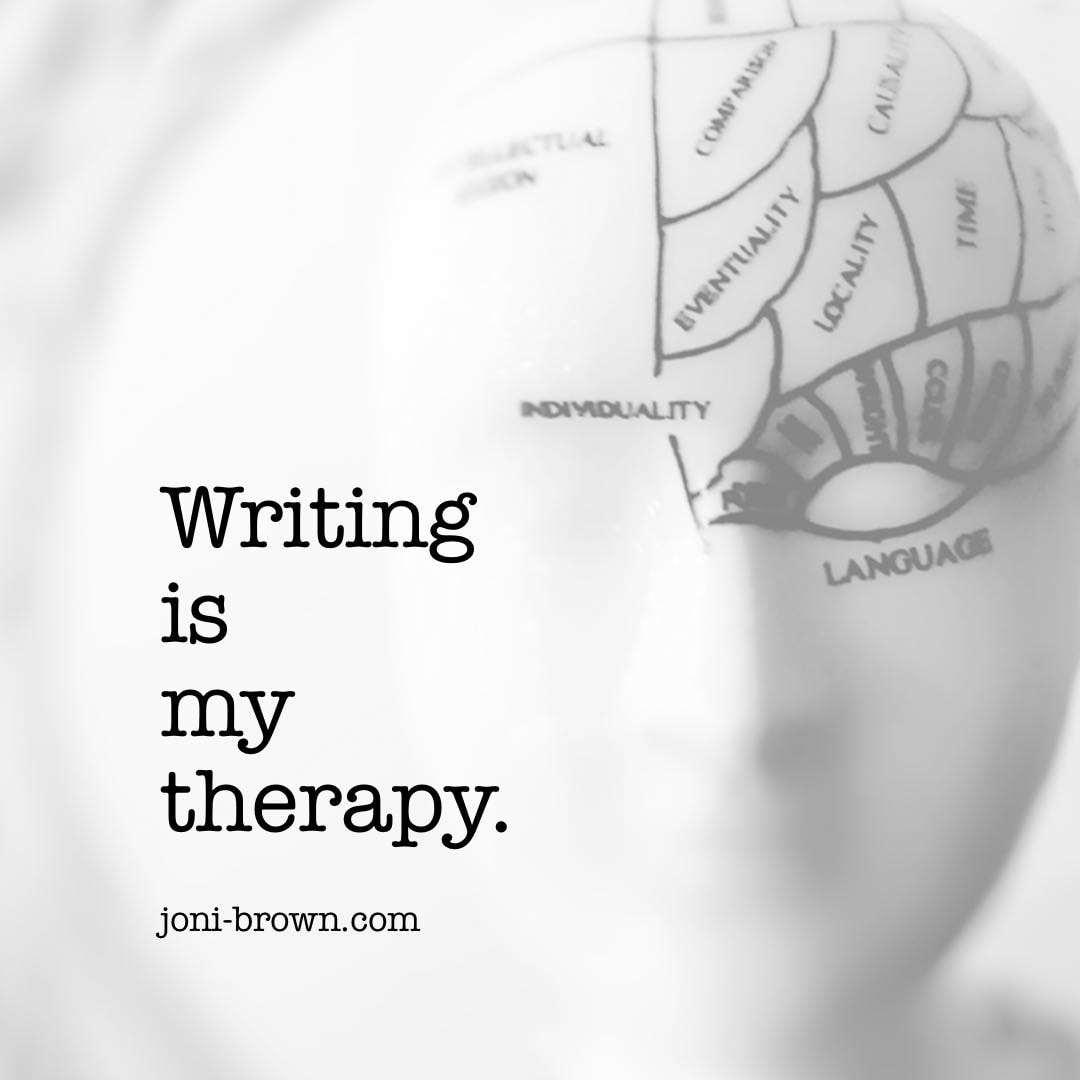
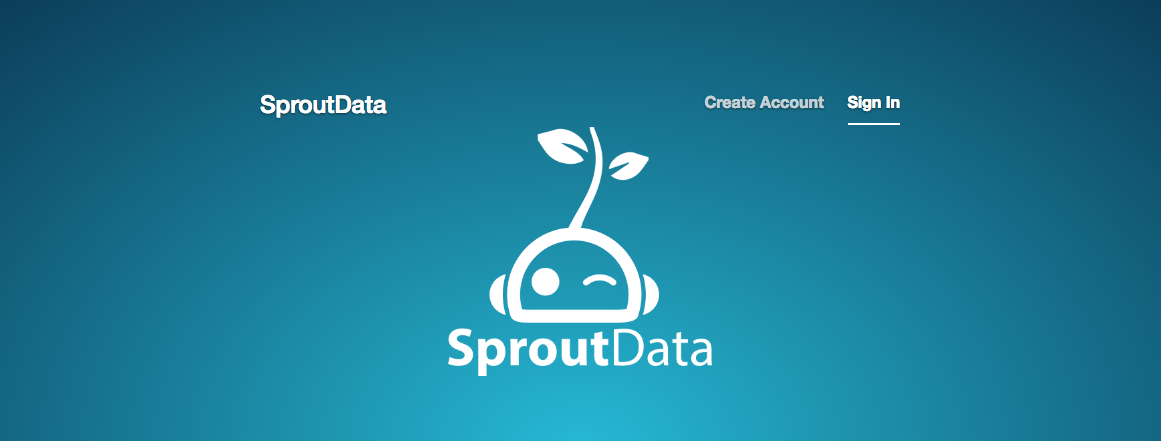
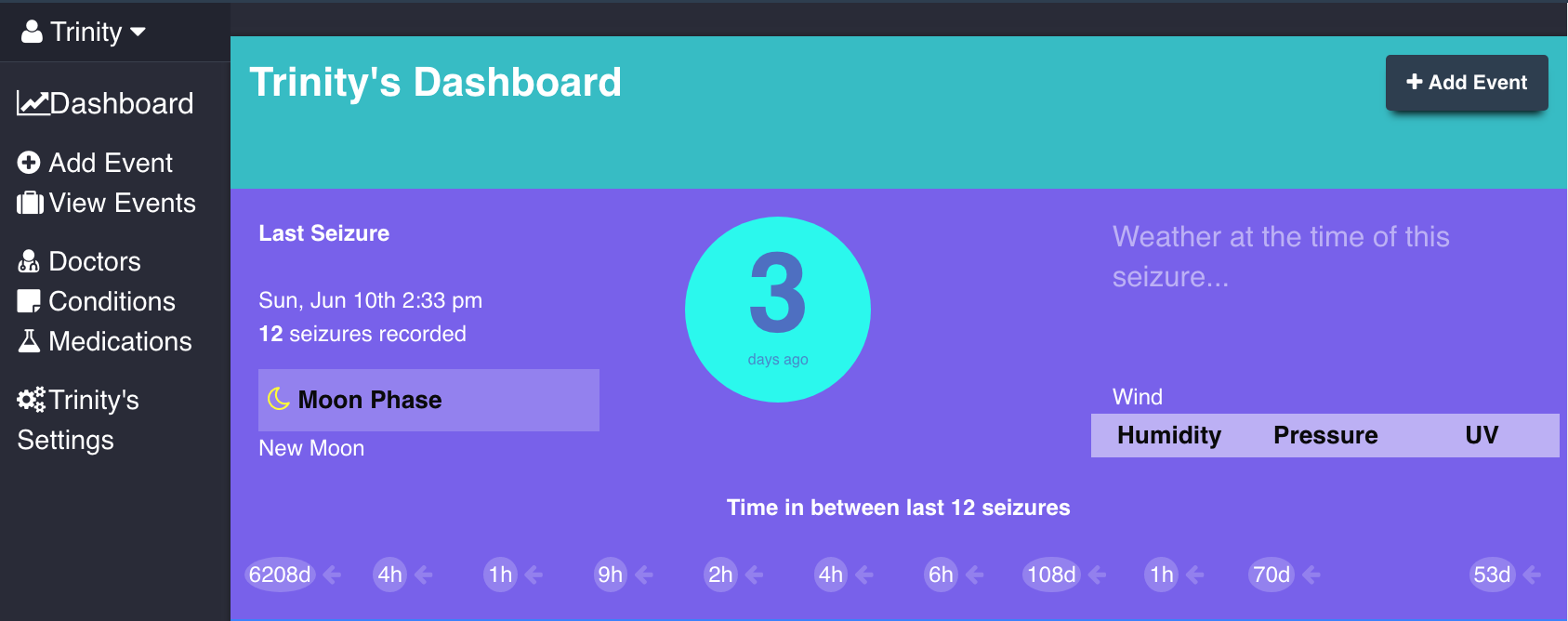
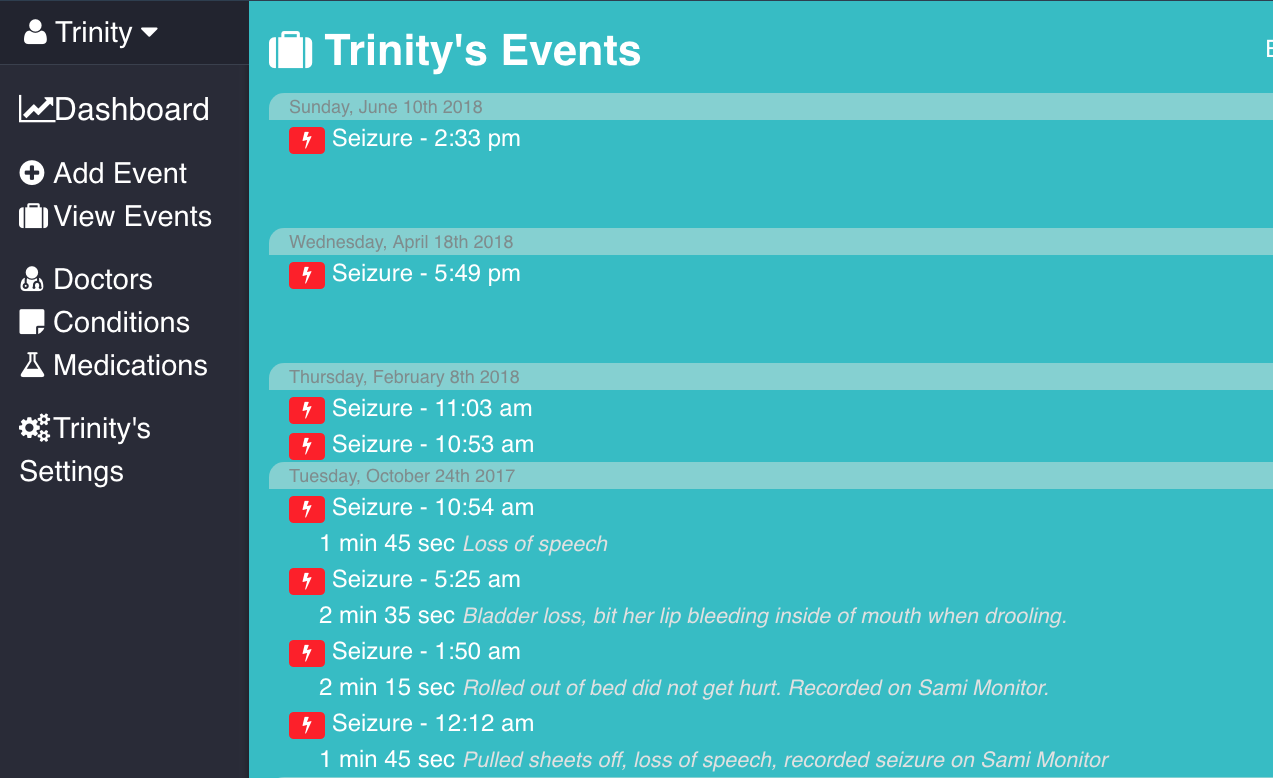

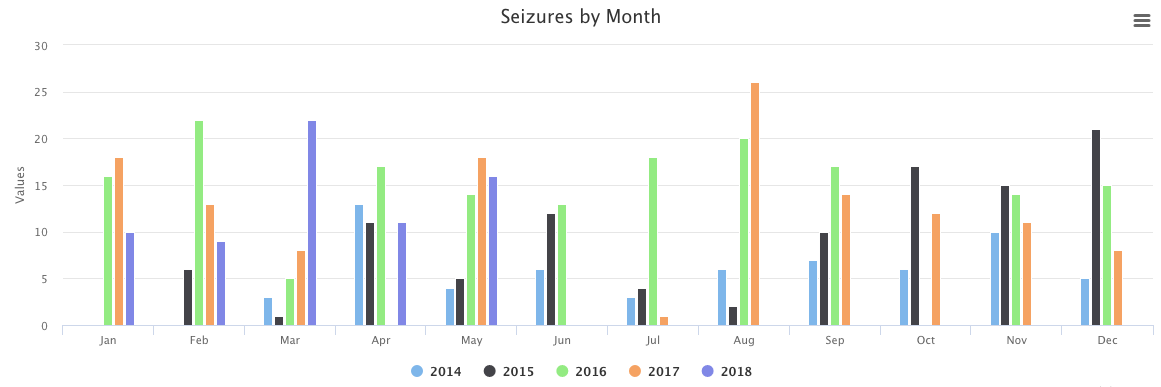
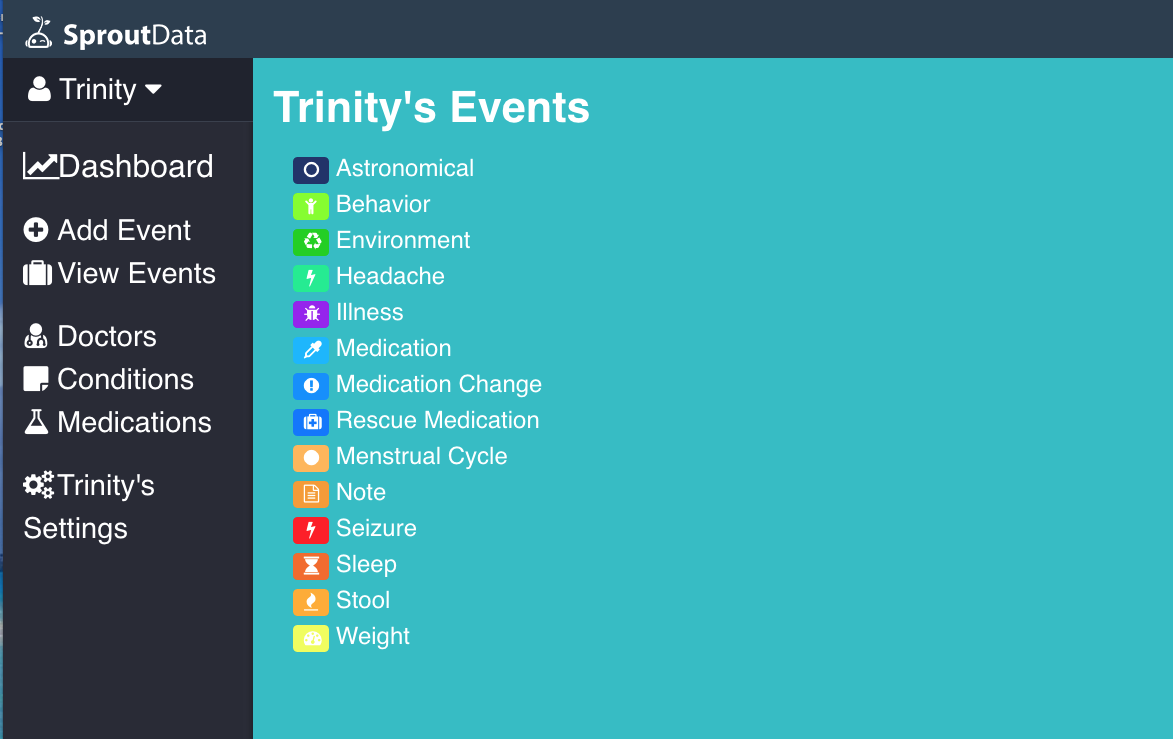
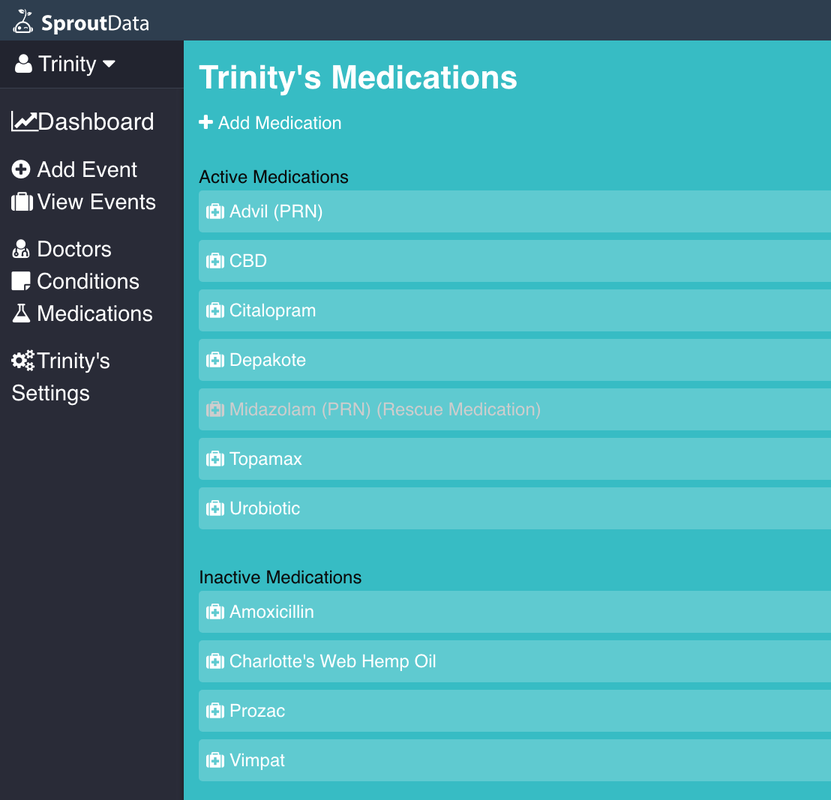
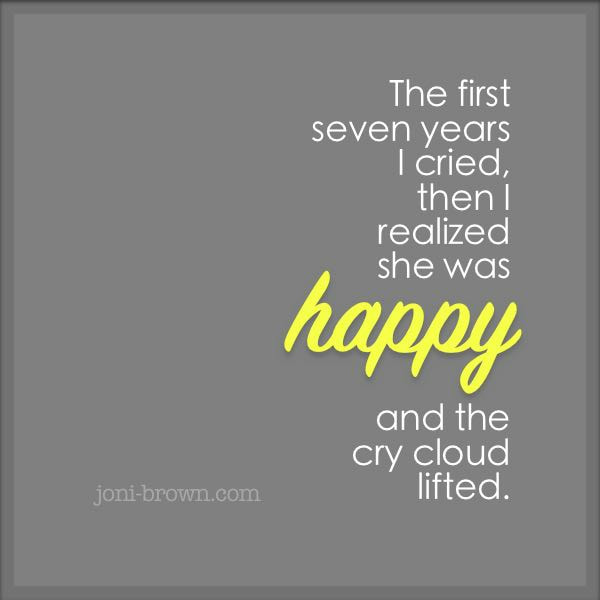
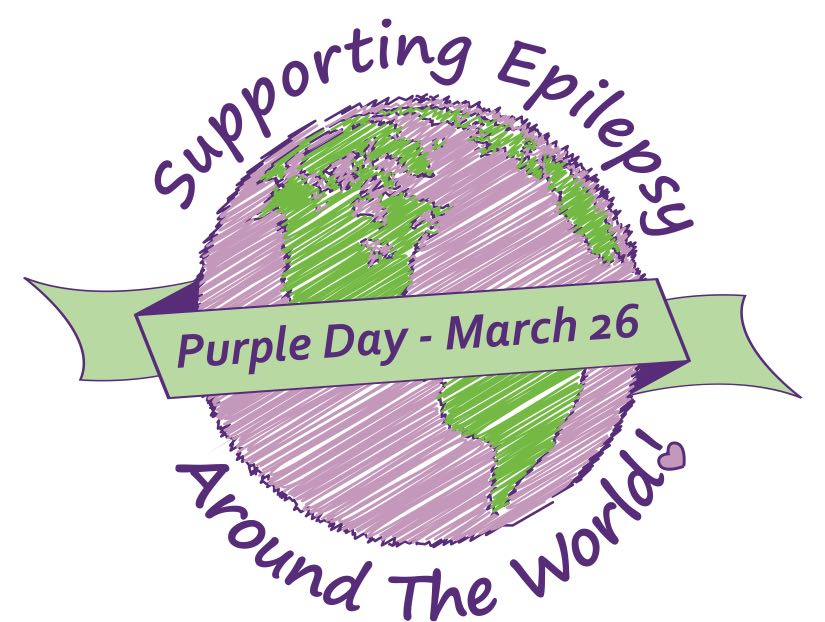
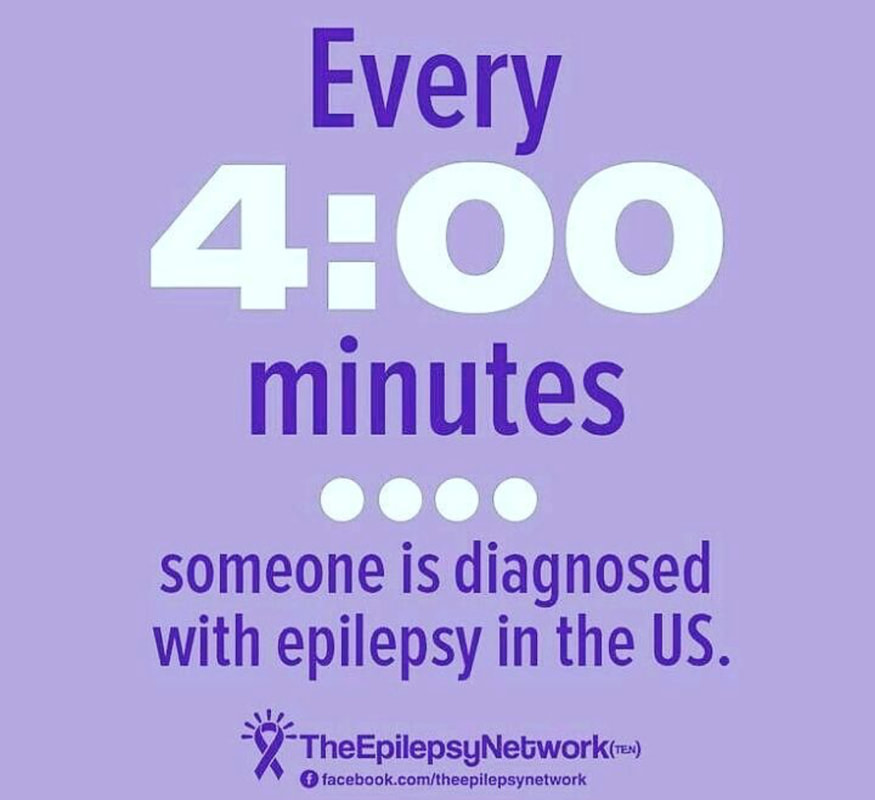
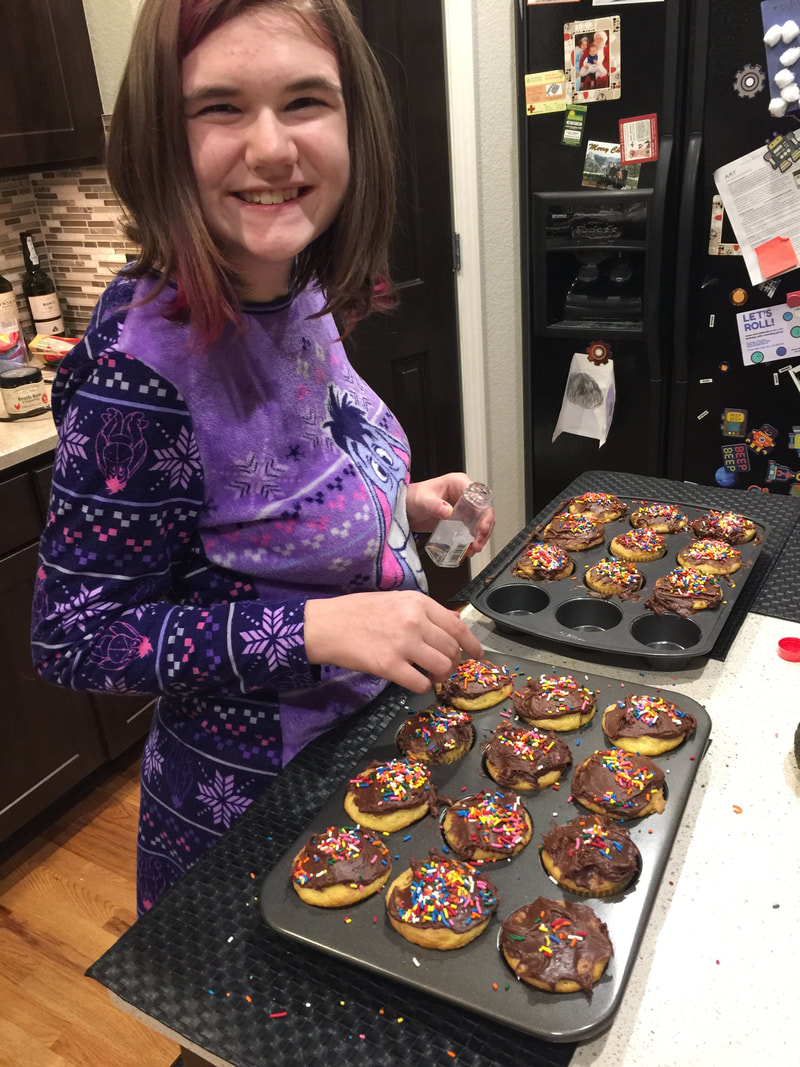
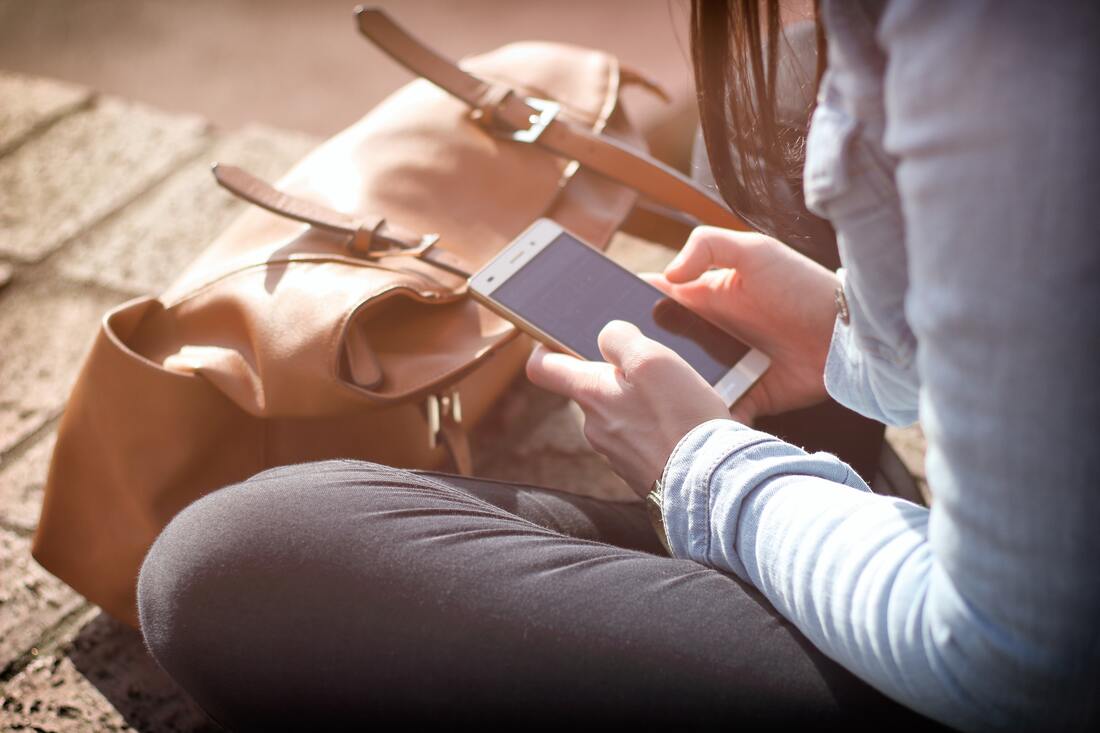
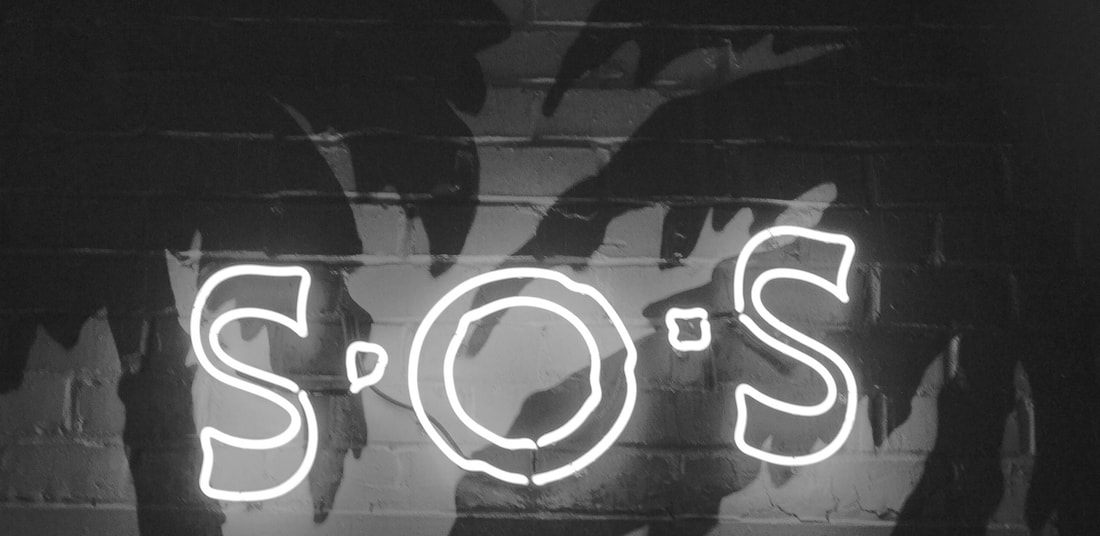
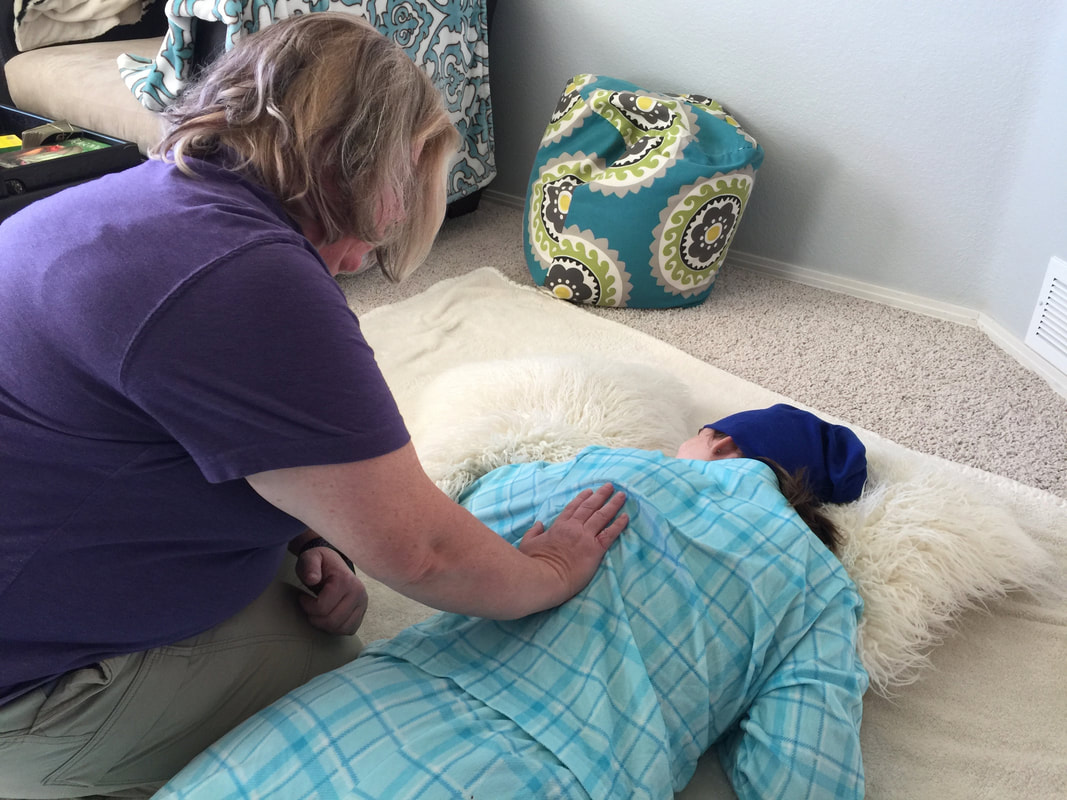
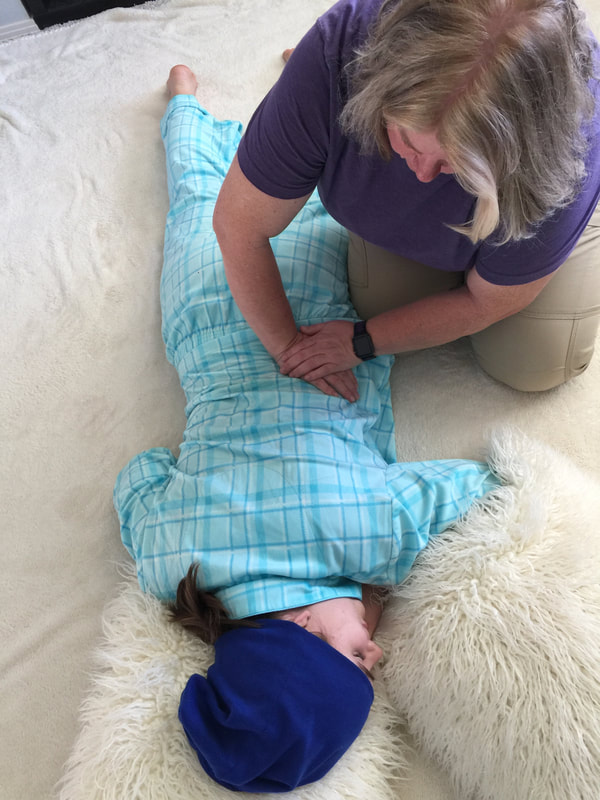
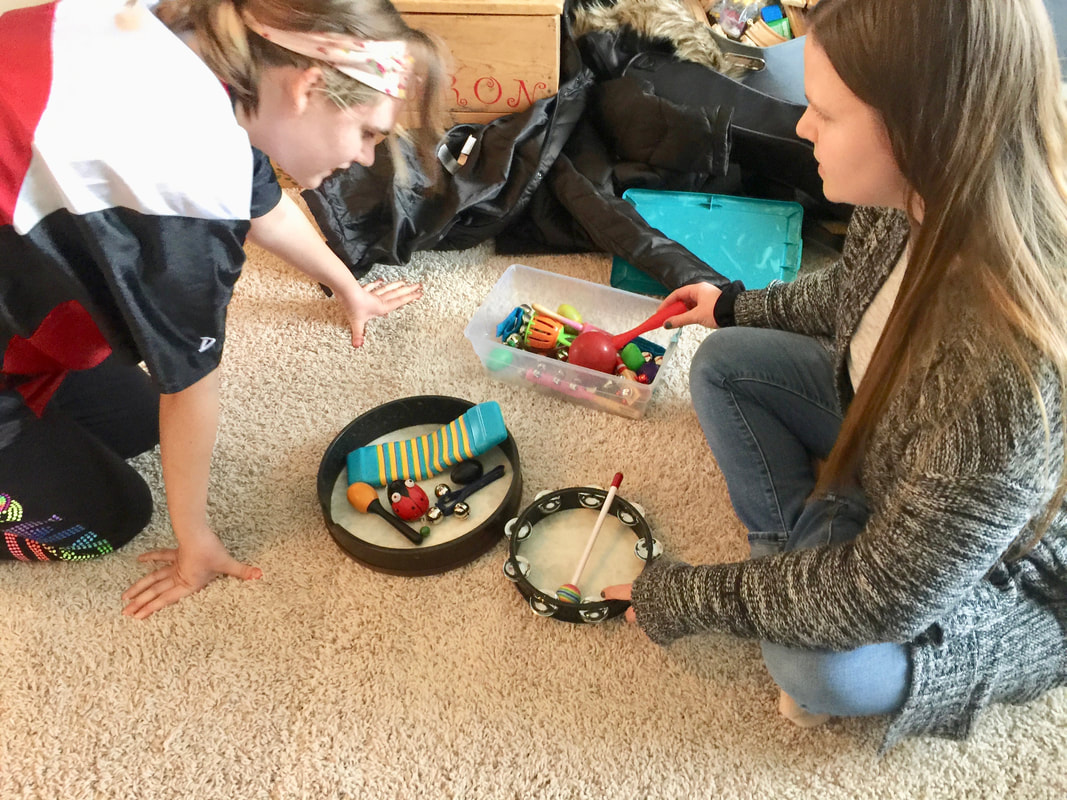
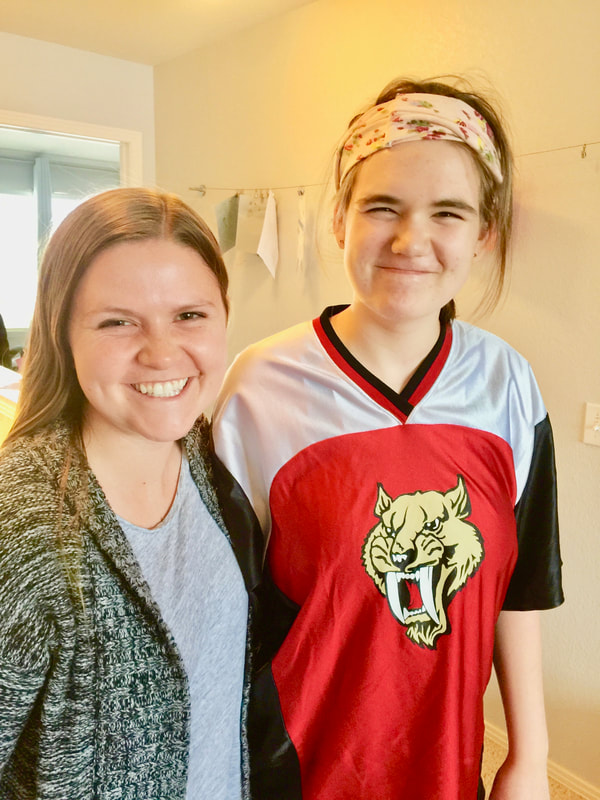
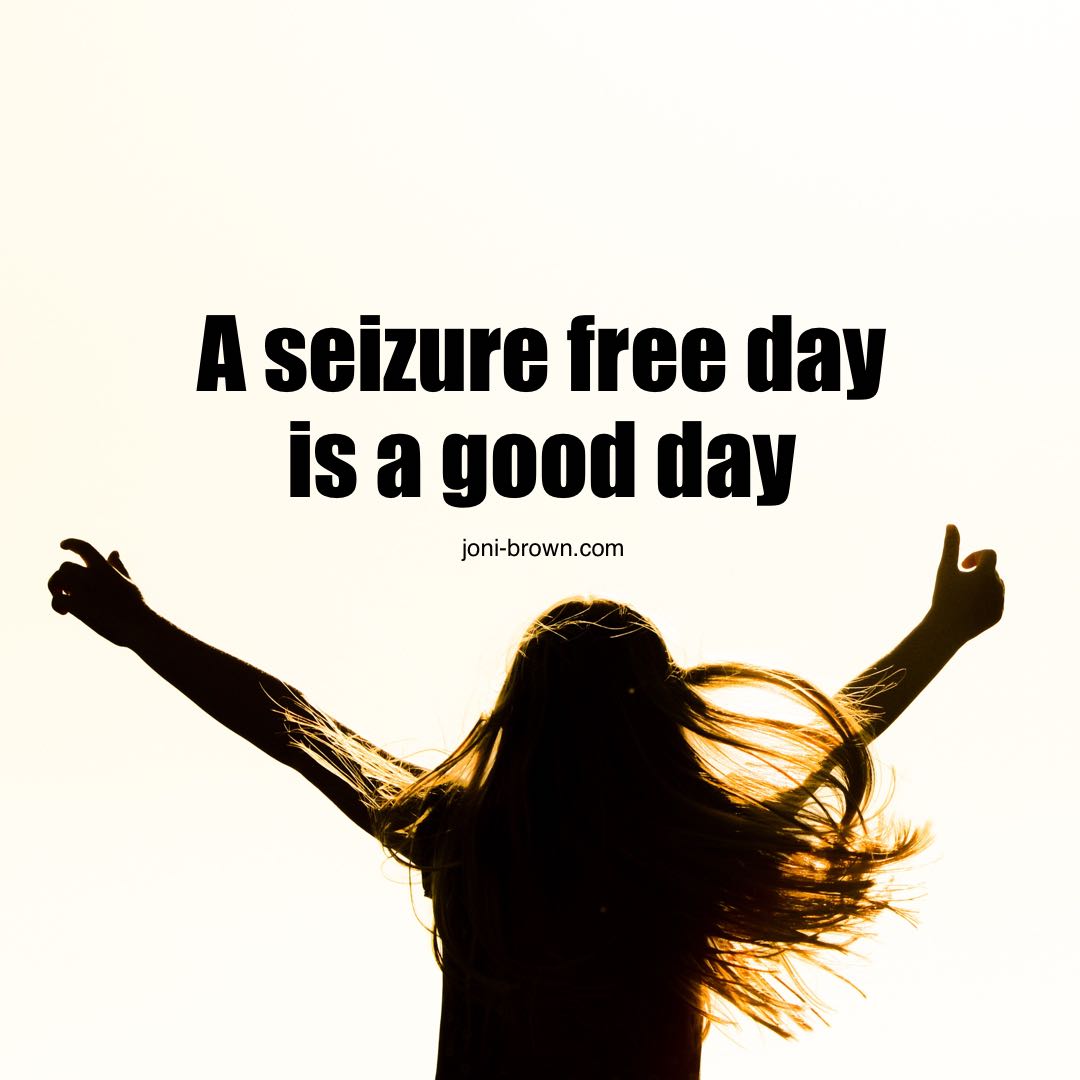
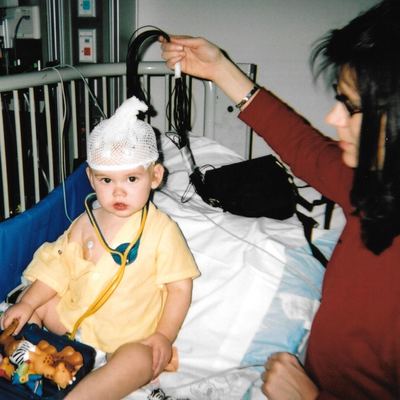

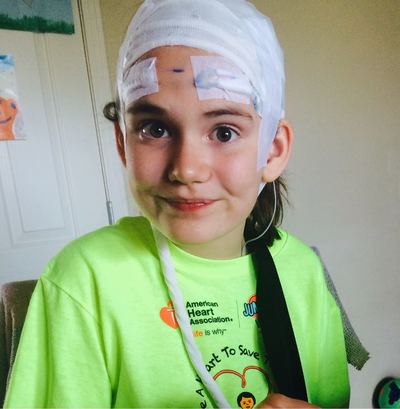
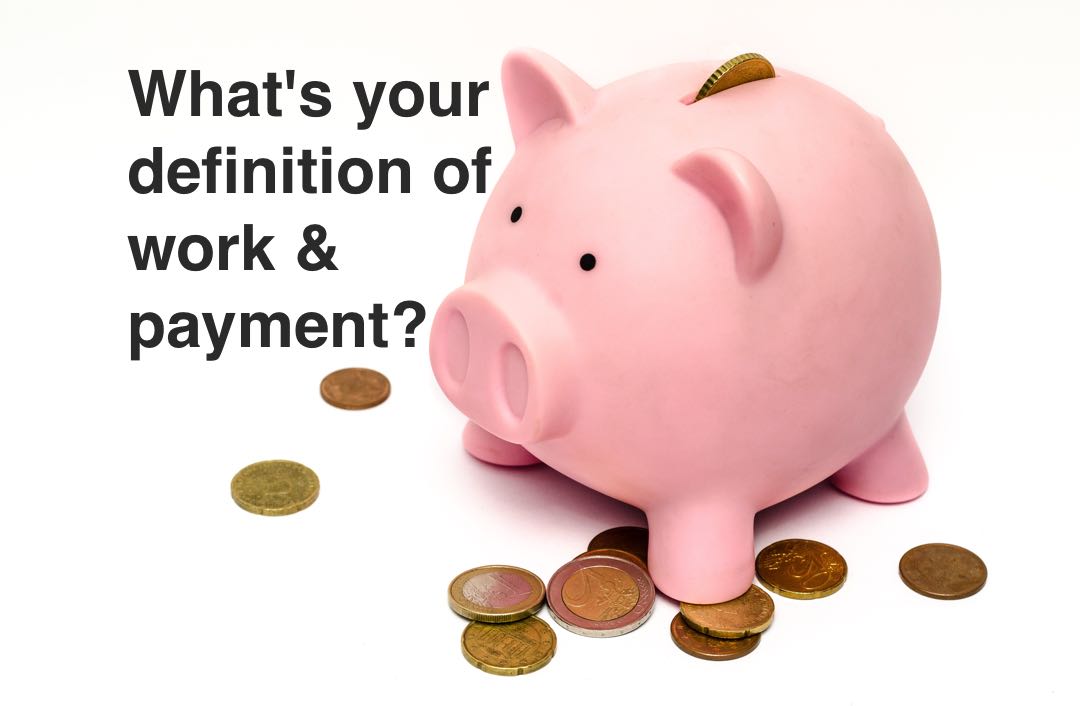
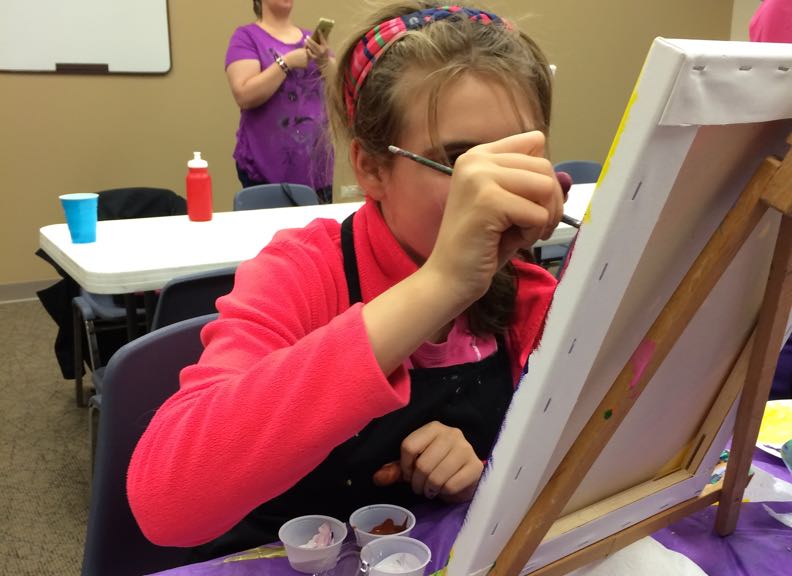
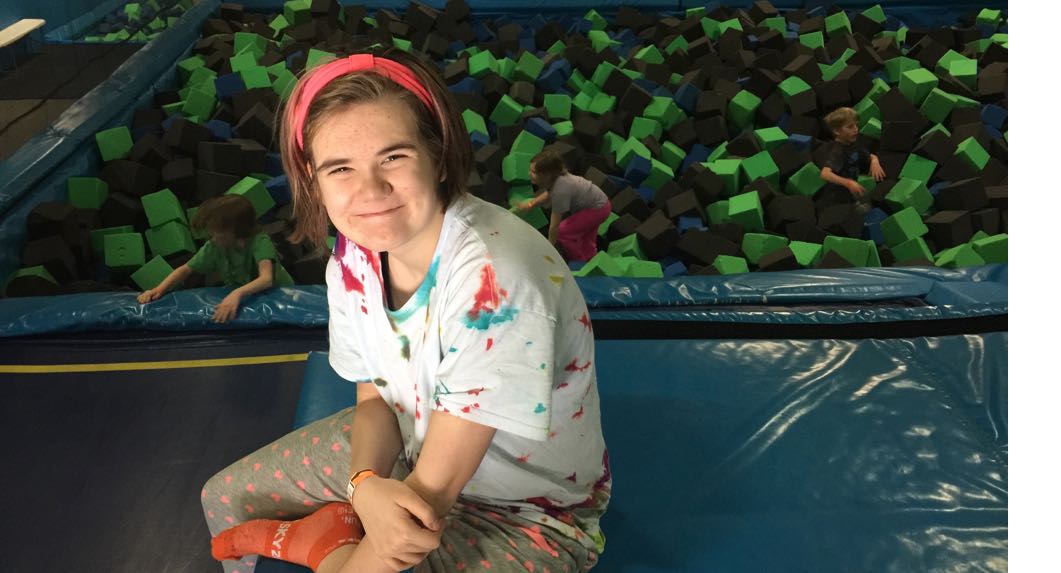
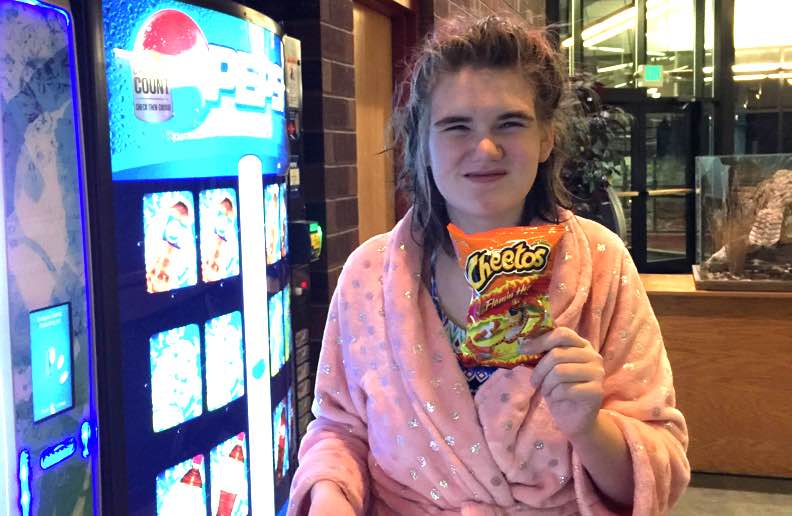
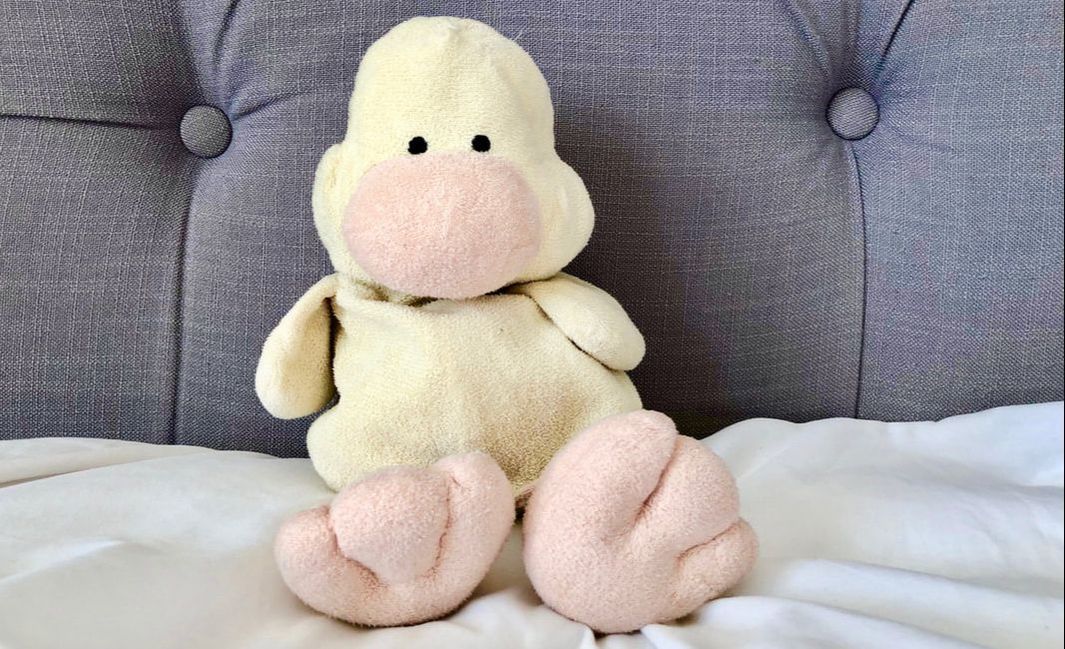
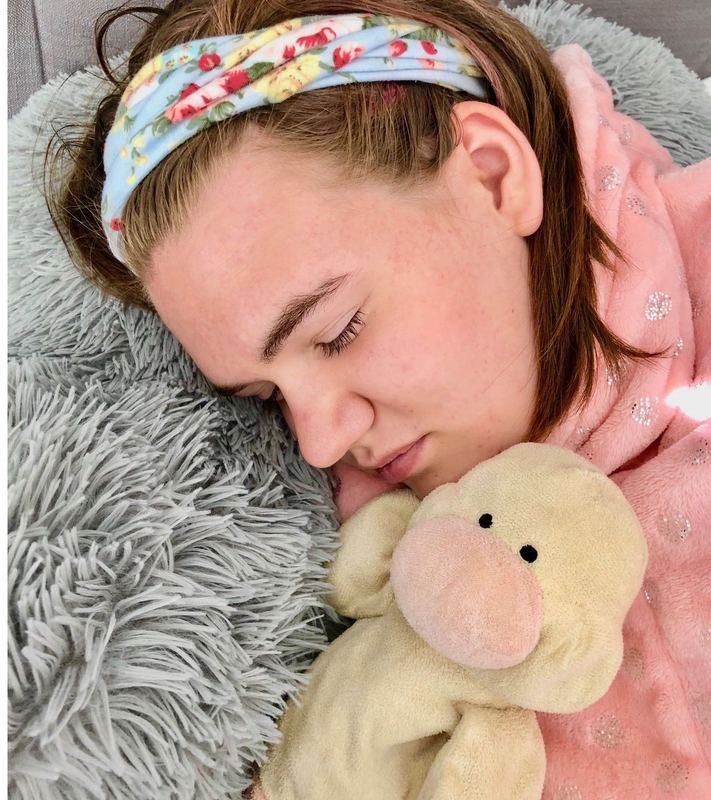
 RSS Feed
RSS Feed